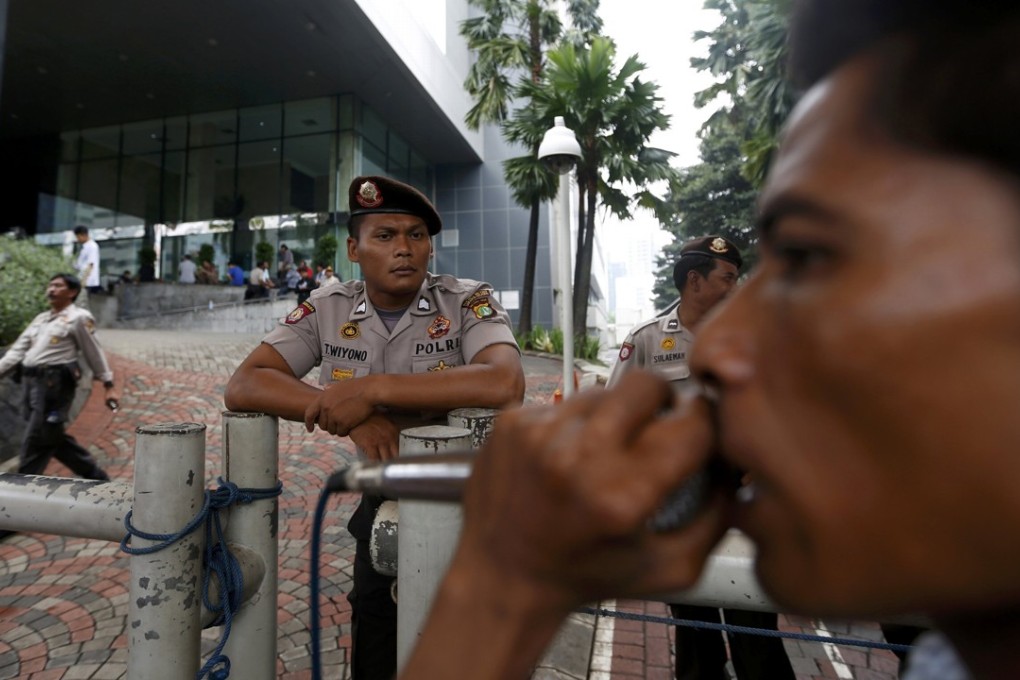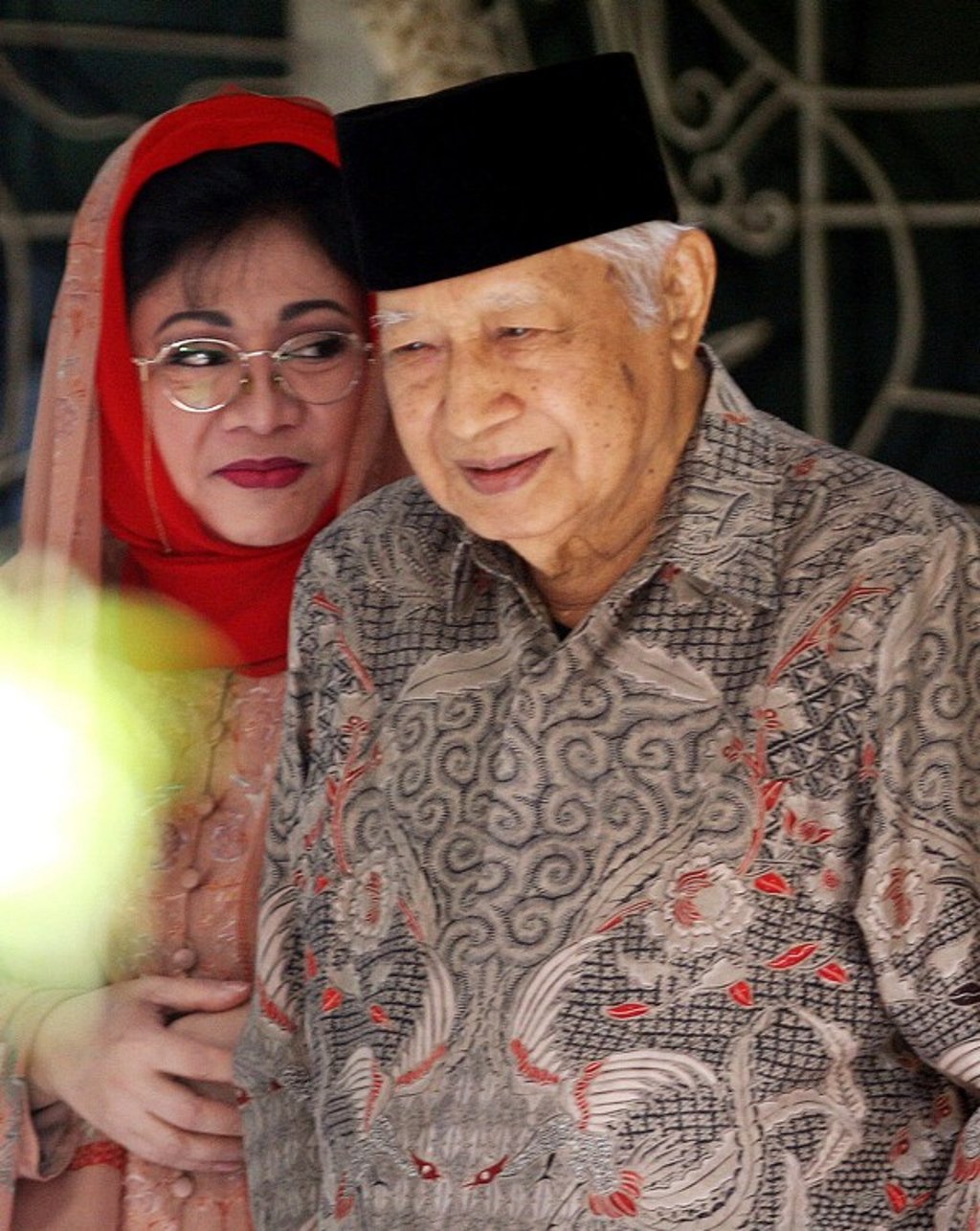How this agency is waging war against corruption in Indonesia, and winning
Despite what some see as inadequate funding and a sometimes bumpy relationship with the police, the Corruption Eradication Commission is having an effect on the nation’s longstanding culture of fraud, bribery and graft

When officials from Indonesia’s Corruption Eradication Commission (KPK) swooped in to nab Ridwan Mukti, the former governor of Bengkulu, on corruption charges, few there were surprised.
Mukti was after all the third governor to have been arrested this way in five years.
Well into his second year as governor, he had done little about the crumbling schools and roads in his corner of Sumatra. Nevertheless he and his wife Lilly Maddari were nabbed on suspicion of accepting 1 billion Indonesia rupiah (US$75,000) in cash, delivered in a cardboard box, thought to be kickbacks linked to roadwork. That he was arrested just days away from Eid al-Fitr, when Muslims don new clothes to mark the end of Ramadan, only added to the delight of locals.
“We joked that his new orange vest must be very exclusive,” said Irna Yuliastuty, a local anticorruption activist, about the attire suspects are required to wear here. “It’s from the KPK!”

Two decades after the fall of corrupt dictator Suharto, whose family is thought to have amassed a fortune of US$15 billion, cases such as Mukti’s remain Indonesian news staples. Last week the speaker of the lower house of parliament, Setya Novanto, was indicted on suspicion that he helped siphon off half of US$345 million earmarked for the role out of a new national ID card.